Canoe tripping has become far more popular over the last few years. That’s a good thing. Except when you’re looking to escape the crowds and find your own garden of Eden.
On a mid-summer Boundary Waters trip just a couple years ago, I passed 112 paddlers on a short portage and then counted 226 canoes and kayaks crossing the adjoining lake. Yikes!
On a recent trip into Algonquin Park’s North Tea Lake, I came upon a line-up of 36 canoes cluttering the take-out of the portage. That’s crazy.
It’s not just regular canoe routes in state, provincial and national parks paddlers are crowding. Canoe routes situated off the beaten path have gone from totally unknown to fair game to now becoming the Holy Grail. There’s just so many of us trying to be alone out there.
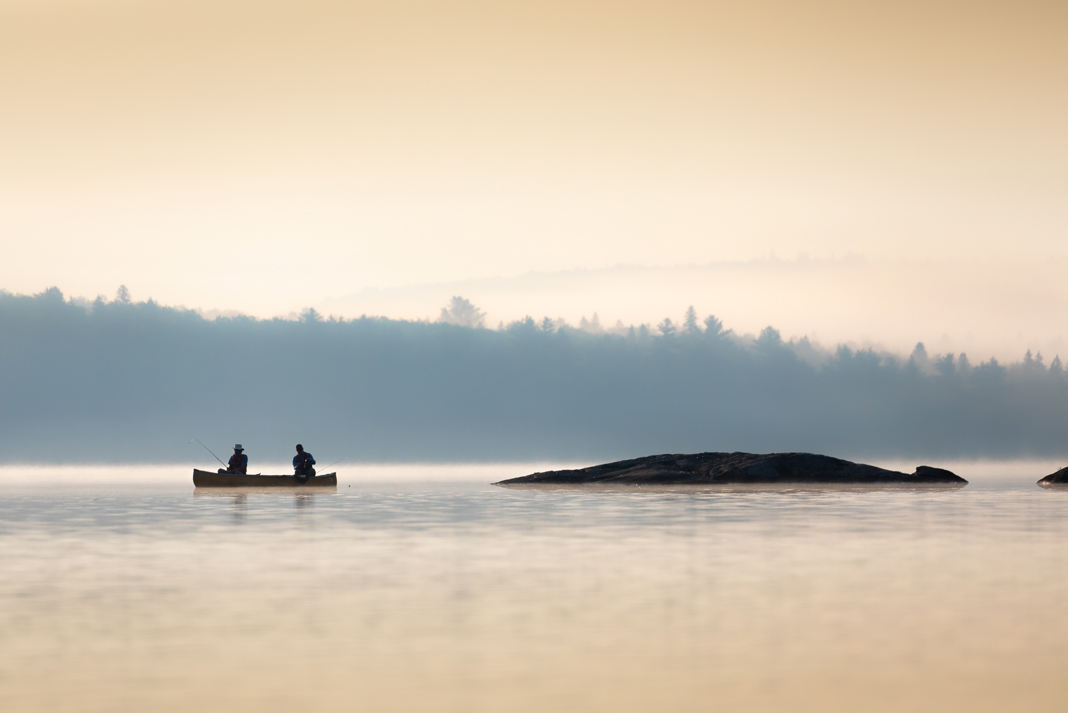
If you’re amongst the few who have discovered a secret lake or unknown stream to paddle a canoe and pitch a tent, you also know it’s the lost art of “secrecy” you’ll need to master if you’re going to keep it to yourself. And when you find a perfect trout stream, you don’t tell a soul about it.
To emphasize this sacred fishing-spot ideology, consider a debate on social media. An angler and Algonquin regular, Mike Borger and his 10-year-old son, documented on YouTube a fishing trip they took in the interior of Algonquin. They found a hot spot Borger had fished on a previous trip. The video shows him and his son catching six five-pound brook trout and countless others weighing between three and four pounds.
Father and son captured a memory that would last forever, then uploaded it to the world’s largest online video-sharing platform. In the comments section, Borger received more than 200 requests asking for the lake’s location. He politely declined to reveal it.
Out of the pumpkin patch always comes a sour lemon. One viewer wanted to know where the honey hole was so badly that he made a Freedom of Information request to the provincial government to see Borger’s camping permit, which would reveal where he had traveled and fished.
After consideration, the Ministry told Borger they would not confirm or deny the existence of his permit to the person pursuing it. The Ministry must be staffed with trout anglers themselves. But the nosey YouTube viewer appealed—twice. Ultimately, after the second appeal, the requests for information were still denied.
I never thought I’d see the day when this sort of thing would happen. My dad would roll in his grave. Trout fishing was my religion growing up. My dad introduced me to wilderness travel by taking me fishing—and it was always for trout.
He brought me up in a traditional sense—to always work hard and be honest to others. And he instilled the belief in me that the only fish worth catching is trout.
Why? Because trout are hard to catch. You need to work extra hard to find them, and you need the skill to catch one. Trout represent, at least to me, the essence of true wilderness values. The moment water becomes tainted or a road creates easy access, the trout disappear, along with the wilderness they represent.
I also watched Borger’s video, and I recognized the lake he and his son portaged into. It’s not easy to get to, which is a good thing.
I’ll take the exact location of it to my grave. That’s the way my dad would have wanted it.
Kevin Callan is the author of the bestselling The Happy Camper series and paddling guidebooks.
This article was first published inPaddling MagazineIssue 62. Subscribe toPaddling Magazine’s print and digital editions here , or browse the archives here.
“As no man is born an artist, so no man is born an angler.” —Izaak Walton | Photo: Follow Me North Photography

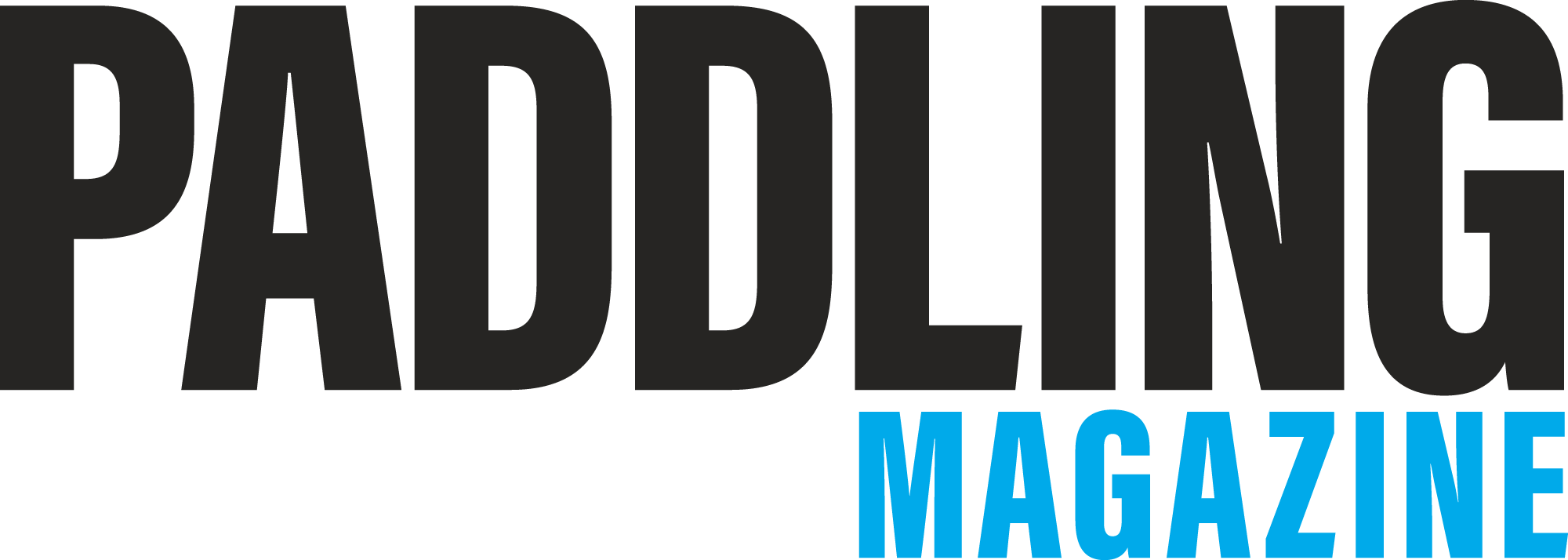

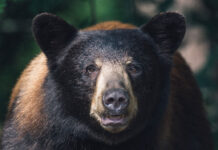

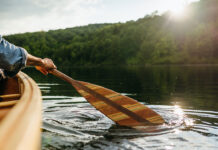
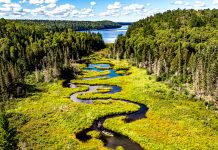
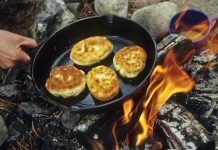

RE: The Honey Hole – Maybe if you truly want to keep your honey hole a secret you don’t need to stroke your outdoor ego in the first place. If it’s truly a sacred experience or coveted family tradition….keep it that way!
Kinda ironic coming from a guy who’s made career prepackaging “lost” canoe routes for the masses who can’t be bothered to read a map and explore.